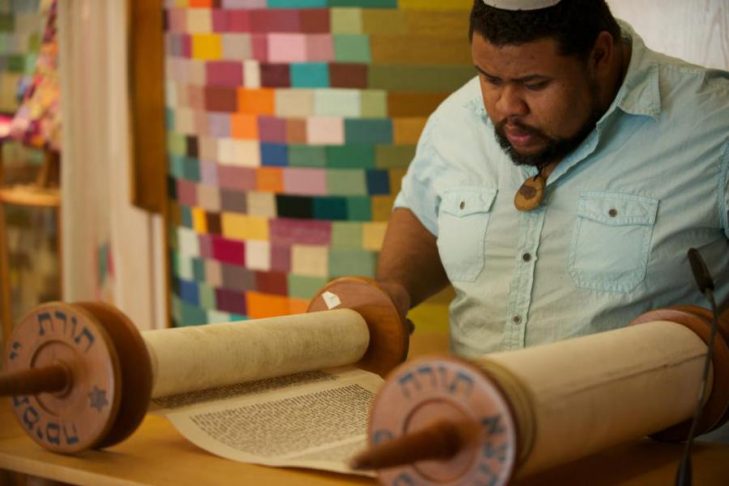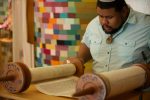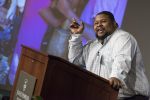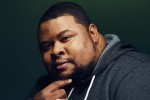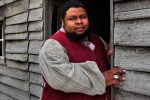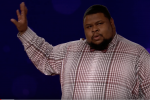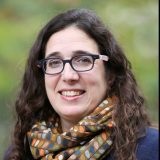What does it mean to be a “people”? In the Book of Ruth, Ruth’s pledge of loyalty to Naomi includes, “Your people will be my people.” We use that to identify Ruth as a convert, though what the text suggests is that she is a fellow traveler and then some. Today we use “people” as a way to refer to family and the ones we love, or as a generic and all-inclusive term that doesn’t distinguish the faces in a crowd.
In many ways, our current human condition is to struggle with peoplehood, particularly because we juggle so many identities at once. I am parent, spouse and employee. I am Jewish and I have Hungarian, Polish and Russian roots. I am a New Englander, by way of Brooklyn, but my heart is in the East (Israel). The fact of having multiple identities is nothing new, but the recognition of the relationships among our myriad identities and a need to recognize that no one carries just one is, in many ways, thanks to the work of Kimberlé Crenshaw.
That’s why this year’s Read On selection, “The Cooking Gene: A Journey Through African American Culinary History in the Old South” by Michael Twitty, is such an exciting choice. Twitty carries his own series of multiple identities and each plays a meaningful role in who he is. African-American, Southern-born, Jewish and gay, he tells the story of his life as a beautifully articulated journey into which we are invited and throughout which a specialty in culinary history is threaded. There are even recipes included.
-
Reading the book made me hungry. It made me sad and angry to see the narrative of slavery etched into Twitty’s DNA. It made me a little jealous to see that he can track his ancestral history—with names— as far back as the 17th century, which I cannot. And it filled me with wonder and joy to participate in his act of remembrance, even when the memories were so hard to read that it was beyond my capacity to imagine what it must have been like to live them.
Who are you? What do you know about the “tangled vines” of your life? While we hardly have an exclusive on the idea, it’s a very Jewish thing to build a relationship with your past, using it to cultivate and nurture your future. From where I sit as I type, I can see my hand-me-down copy of “The Hungarian Cookbook” by Susan Derecskey. I remember combing through the recipes as a child, with a hunger for more than food, and begging my mother to teach me her native tongue.
Michael Twitty is my kind of historian.
Please join us in this year’s Read On program. You can buy a copy of the book here. Join a book club discussion or start one of your own—we’re happy to give you pointers! We hope that as you read along with us, you’ll come back to this site for blog posts from some of our favorite thinkers, all of whom hear the book in their own unique key. And save the evening of Monday, April 9, for an opportunity to hear from Michael Twitty in person. This is a remarkable journey and it’s exciting to be on it together.
Never miss the best stories and events! Get JewishBoston This Week.


